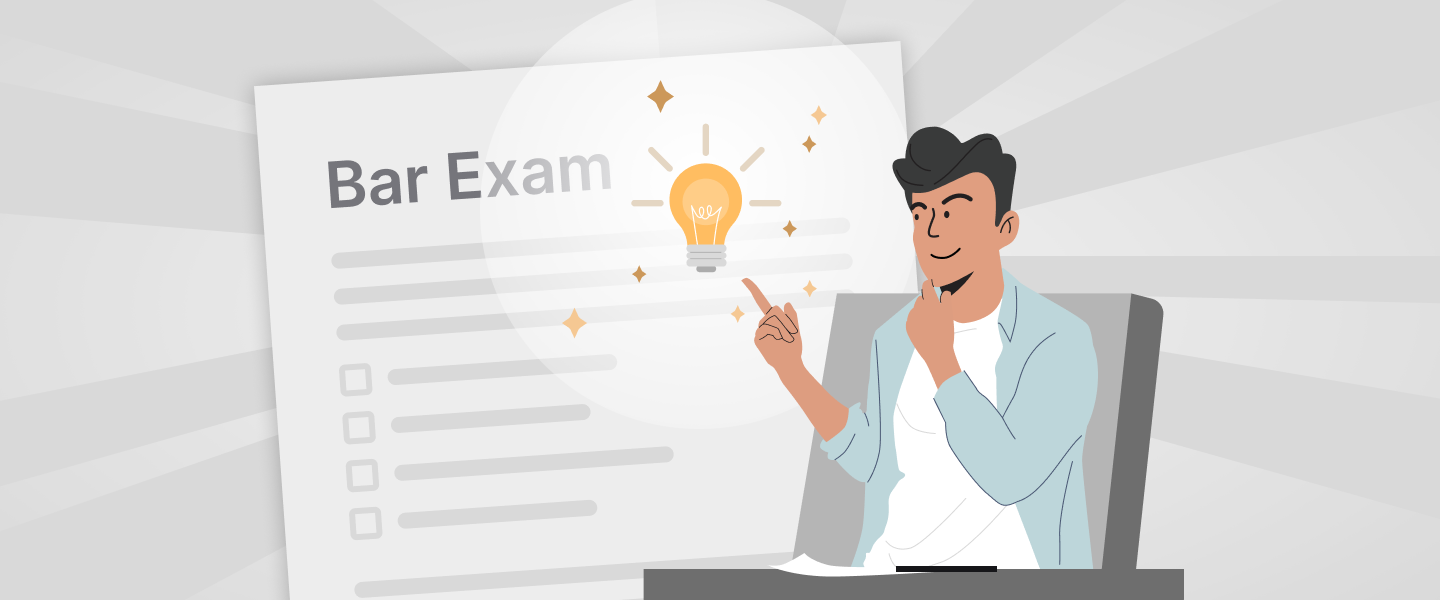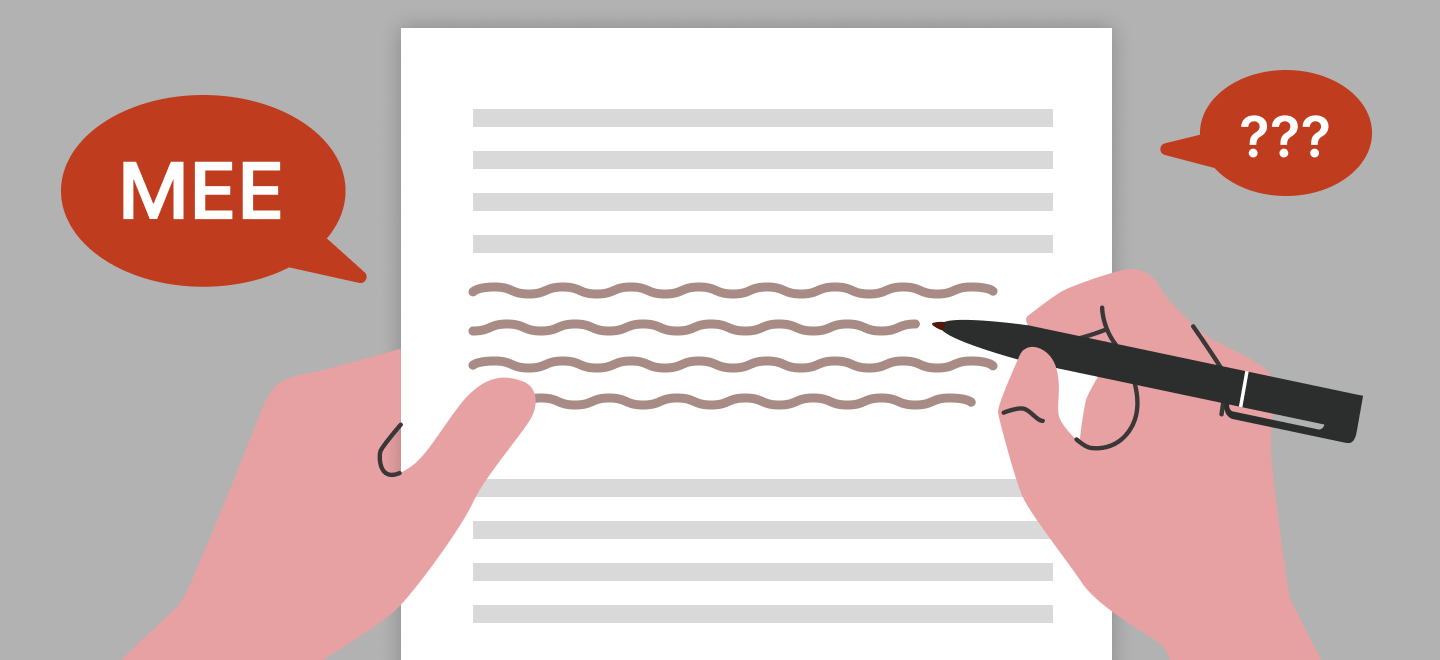
What 2Ls Can Do Now to Prepare for Bar Review
If you’re in your second year of law school, the bar exam may seem far away. But the next few semesters of law school may pass more quickly than you think. Take a few simple steps now to prepare for bar review.
Get to Know Your Jurisdiction’s Bar Exam
If you haven’t already, decide which state you’d like to become licensed in, and learn about the bar exam your state administers. Although a majority of states administer the Uniform Bar Exam (UBE), some states use state-specific exams. Learn which subjects are tested in your jurisdiction, and research the exam components. Most bar exams contain multiple-choice and essay questions. Some bar exams, including the UBE, contain a performance test, which requires you to complete a practice-oriented drafting task.
Confirm Law School Course Selections
Taking bar-tested subjects during law school makes bar review feel less daunting. Make a plan for the subjects you want to hit before your law school days come to a close. You can check out our complete guide here, but following are some quick course-selection tips:
- Consider taking an additional upper-level course on challenging Multistate Bar Examination-tested topics such as constitutional law and property.
- Take writing courses. It’s a great plan to go into bar review with strong writing skills.
- See whether your law school offers for-credit bar exam courses. You’ll learn skills and strategies for bar exam success and get a few practice tests under your belt.
Think Ahead for the Application Process
It’s no secret that studying for the bar exam takes time, but applying for a law license is also time-consuming. Gather information and documents you’ll need for the application process. Check with the state bar in your jurisdiction for details, but generally you’ll need to provide complete educational and employment histories, past addresses, and other details. File away the information you’ll need for the application’s character and fitness portion, including any academic, civil, or criminal records. Getting organized now will obviate the need to scramble later.
Start Saving
Becoming a licensed attorney requires a significant financial outlay. Plan for 3 major costs:
- Bar exam registration. Fees vary by jurisdiction, but many states charge a registration fee in the $500–$1,000 range. Check out our guide to fees and also consult your jurisdiction’s website for the latest information. In some jurisdictions, you pay less if you register early.
- Commercial bar review course. Self-studying during bar review is a risky game. A bar review course guides you to study the right concepts and prepares you for success with practice tests. Most courses cost upwards of $1,000. It’s worth checking to see whether your law school tuition covers a bar review course or whether your future employer will reimburse you for the expense.
- Living expenses. Don’t forget about living expenses during the bar review period. A full-time bar review course runs about 10 weeks. Part-time bar review courses run for a longer time period but may allow you to work alongside the demands of bar prep.
After the exam is completed, you may need to cover additional costs. For example, the state bar may charge initial licensing fees, and courts may charge an admission fee.
Plan for the Multistate Professional Responsibility Exam (MPRE)
For most law students, passing the MPRE is a required stop on the way to bar admission. The MPRE is a 2-hour test with 60 multiple-choice questions on professional responsibility, and it’s offered in March, August, and November each year. Plan ahead—registration must be completed several months before the exam date.
Figure Out How You Learn Best
Passing the bar exam requires mastering a mountain of material. Experiment with exam prep in law school, and determine which methods work best for you. Is making your own outline a must? Do you hate linear outlines but love creating charts? Do you memorize best if you make your own flashcards? Going into bar review with a clear picture of how you learn best will give you an edge.
Embrace Feedback and Aim Higher
Both law school learning and bar review feature ups and downs. Some days everything clicks, and other days you’ll be faced with disappointing results. If you underperform on a law school exam or writing assignment, seek out feedback. Attend your professor’s office hours so you can retool your approach, and aim higher next time. Students who readily learn from mistakes are poised for success on the bar exam.
Is feedback key to how you learn? Quimbee Bar Review+ offers attorney feedback on an unlimited number of essay submissions, plus real, licensed questions from past bar exams and beautifully designed video lessons. Want to learn more about the unique features Quimbee Bar Review+ uses to help prepare you for the bar exam? Book a 30-minute tour of the course for free.
Is feedback key to how you learn? Quimbee Bar Review+ offers attorney feedback on an unlimited number of essay submissions, plus real, licensed questions from past bar exams and beautifully designed video lessons. Want to learn more about the unique features Quimbee Bar Review+ uses to help prepare you for the bar exam? Book a 30-minute tour of the course for free.







